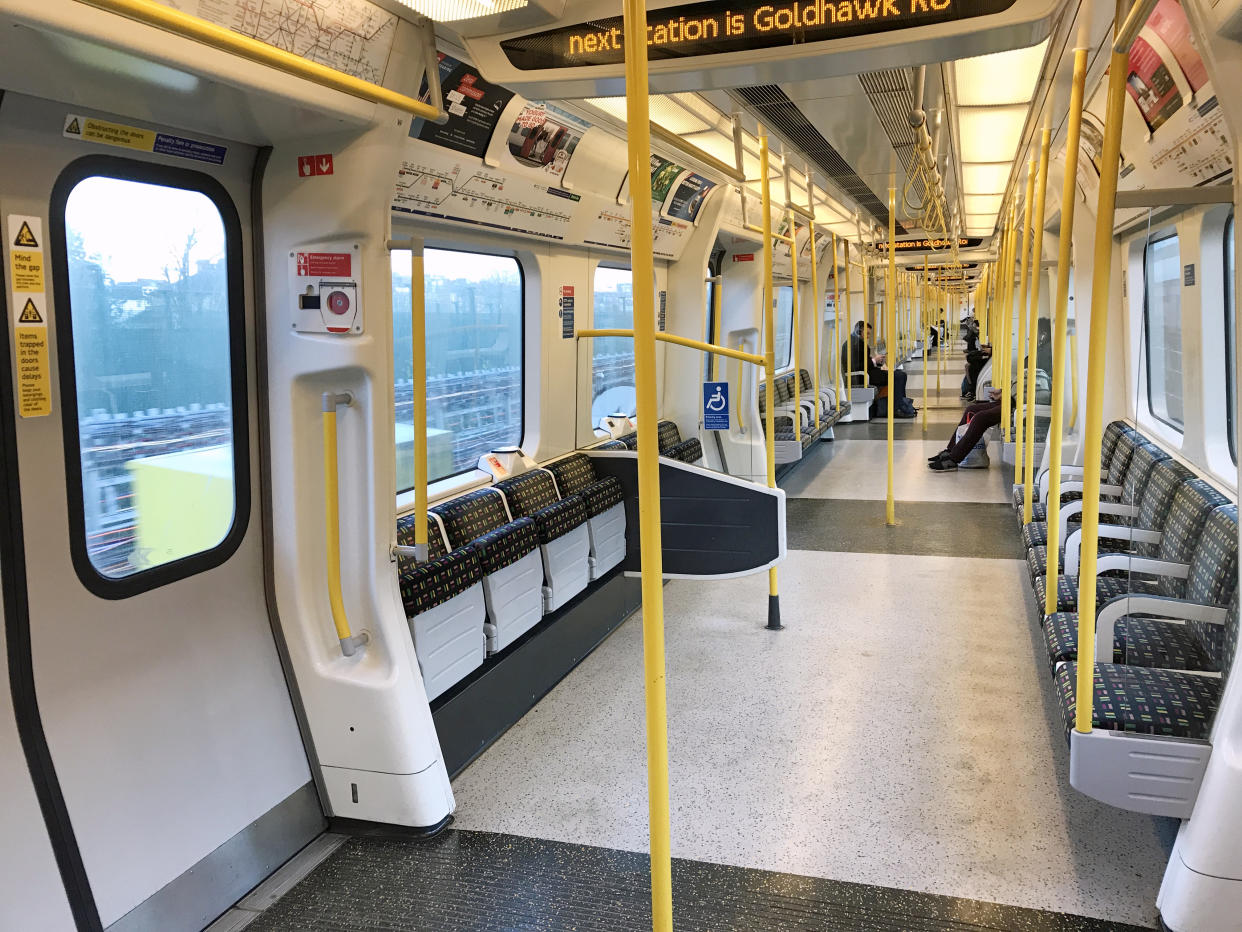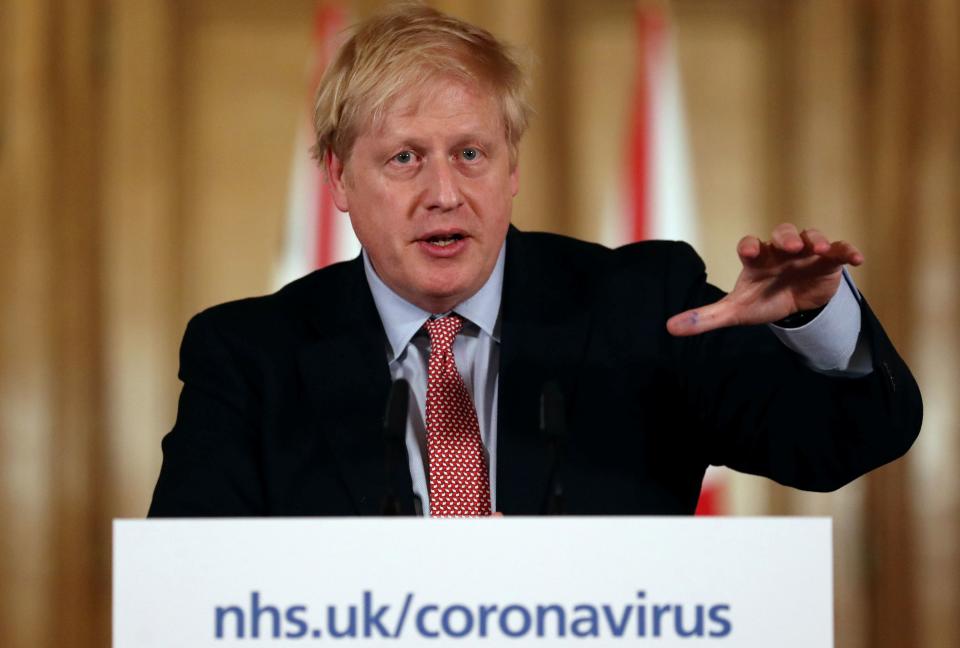Coronavirus: Britons face £1,000 fine if they refuse self-isolation and prison if they don’t pay

Britons who refuse to self-isolate for coronavirus face a £1,000 fine and time in prison if they don’t pay the penalty.
Emergency powers are set to be granted this week that allow police in England and Wales to use “reasonable force” to detain people who risk infecting others, the Daily Telegraph said.
The government’s website has published new regulations that state that people suspected of having Covid-19, the disease caused by the virus, can be quarantined for up to 14 days in a secure hospital or other suitable location.
If they leave that location before the period is up, they can be taken into custody before being returned to the original place of quarantine, the regulations say.
If they do not comply, they can be fined £1,000. Those who refuse to pay the fine can also be imprisoned.
Latest coronavirus news, updates and advice
Live: Follow all the latest updates from the UK and around the world
Fact-checker: The number of Covid-19 cases in your local area
Explained: Symptoms, latest advice and how it compares to the flu
Those suspected of being infected with coronavirus must also consent to giving a blood sample or having their nose and throat swabbed.
They must also reveal their travel history and a list of people they have met recently. They could be fined for providing false information, according to the regulations.
A total of 35 Britons who tested positive for Covid-19 have died. Of the 40,279 people who have been tested in the UK, 1,372 were confirmed as positive.
Worldwide, there have been more than 169,000 cases, according to John Hopkins University, with more than 6,500 deaths and more than 77,000 recoveries.
Read more: 'There is no acceptable solution to coronavirus pandemic', says expert
Boris Johnson will address the nation later on Monday on the coronavirus threat after chairing an emergency meeting of the Cobra committee.
It will be the first of daily press conferences by the government to keep the public updated, following criticism that the prime minister disappeared from public view after announcing the move from the “containment” to “delay” phase last week.
Watch the video below
Amid criticism over a lack of transparency, Downing Street announced plans to hold daily televised press conferences so either the PM or a senior minister can face scrutiny.
Johnson will be joined on Monday by chief medical officer Professor Chris Whitty and chief scientific adviser Sir Patrick Vallance.
Ministers and officials are considering measures including banning mass gatherings and lengthy household isolation for the elderly.

On Sunday evening, The Guardian reported that a Public Health England briefing had warned health chiefs that the epidemic in the UK could last until spring 2021 and lead to up to 7.9 million people being admitted to hospital.
Read more: Ex-police officer died after testing positive for coronavirus
On Sunday, health secretary Matt Hancock said over-70s could be told to stay at home for up to four months in “coming weeks”.
But the idea of isolating those aged over 70 would “consign a particular cohort to misery”, former home secretary David Blunkett said.
Writing in the Daily Mail, he added: “I have real concerns that imposing isolation on the over-70s could be widely misunderstood in the current atmosphere of near panic.
“Just as people have begun to stockpile toilet rolls for no reason, an irrational notion could spread among the public that older people are being ordered to stay inside not for their own protection but because they present some imaginary risk to younger people.”

Johnson will also ask British manufacturers including the Unipart Group to support the production of essential medical equipment for the NHS, such as much-needed ventilators.
He will also speak to all G7 leaders including US president Donald Trump and German chancellor Angela Merkel to discuss a coordinated global response to the pandemic.
The government has been criticised by many in the scientific community for taking a slower and more relaxed response to the pandemic than other countries.

 Yahoo News
Yahoo News 


